There are few places in which the balance of power is as uneven as in criminal prosecution. On one side, you have the government, with essentially unlimited resources. On the other, you have the defendant, an individual mustering whatever resources they can to fight the immense power of the government.
The Founding Fathers and courts ever since have recognized and sought to fashion ways to attempt to even this playing field to some extent. This is because, ideally, we want criminal prosecutions to be about justice. Were the government to simply view their primary goal as “winning,” they could likely do so almost all of the time due to the vast imbalances in resources, power, and information.
In this and my next blog entry, I’ll be taking a look at two recent California cases that underscore the difficulty of putting these ideas into practice. Today, I’ll be talking about the informational disadvantages that exist between the government and individual defendants and the systems in place that aim to balance that inherent inequity, if not always successfully.
Brady v. Maryland was a landmark decision by the United States Supreme Court in 1963 that held that the prosecution must turn over all exculpatory (essentially all favorable) evidence to the defense. For example, in Brady, the prosecution had failed to turn over to the defense in a capital case a written confession from the co-defendant admitting to having been the person who actually committed the killing.
More recently, the Orange County Informant Scandal unraveled the capital case against Scott Dekraii when it was uncovered that the prosecution had failed to disclose evidence related to informants used in the prosecution that would have undermined their, and the Sheriff deputies who acted as their handlers, credibility. That case is a prime example of the principle behind Brady. The information was such that the prosecution was in a unique position to know about it and it was only through the heroic work of Deputy Public Defender Scott Sanders and a good deal of luck that it was uncovered.
As stated in Brady, “Society wins not only when the guilty are convicted, but when criminal trials are fair." This sentiment was echoed and underscored by the 4th District Appellate Court in the decision that is the subject of my next blog. In Dekraii, the prosecution failed in their duty to put fairness ahead of winning.
A place where this concept gets incredibly difficult is the disclosure of police officer misconduct. Police agencies are considered part of the prosecution team, meaning information in the possession of a police agency is treated as information that the prosecution also knows or should know about and must turn over if exculpatory. Problematically, California has some of the most robust laws in the country when it comes to protecting police officer personnel records, to the point where police unions take the position that even the prosecution is not entitled to know information that they are under a Constitutional obligation to disclose.
In this case, the Los Angeles Sheriff Department, in an effort to comply with Brady, maintains an internal list of personnel whose records may contain Brady information so that prosecutors can make appropriate disclosures to the defense. The Deputies’ Union then sued its own department, seeking to prevent it from sharing such information.
Think about that for a moment. The prosecution is under an obligation to share with the defense information about deputy misconduct that may be exculpatory. The Sheriff’s Department knows what deputies fall into this category and indeed keeps a list of such deputies. But the union’s position is that it is unlawful to share that list with the prosecution! By definition, if the union’s position is correct, the prosecution would be unable to comply with their Constitutional obligations designed to ensure fairness to the defense in order to protect dishonest deputies.
Fortunately, on August 26th, in Association for Los Angeles Deputy Sheriffs v. Superior Court, the California Supreme Court rejected that position. In a relatively narrow holding, the Court declared that while the Brady list maintained by the department did constitute confidential information under the statutes protecting police officer personnel records, disclosure of the list to prosecuting agencies did not violate that confidentiality.
It is worth noting what a narrow exception this case creates. Law enforcement agencies may alert prosecutors that an officer has information in their personnel file that constitutes Brady information. The prosecution, as obligated, may then share that information with the defense when required. The defense still must file a motion demonstrating the materiality of such information to even find out what it is. And this still very onerous process is one that a police union saw fit to challenge all the way to the state Supreme Court.
More reform in this area is incredibly necessary as the scales are still tipped heavily in favor of the government to the detriment of the defendant even when the government complies with all of its obligations in a trustworthy manner. And, oh by the way, when they do not it is almost impossible for the average defendant to discover the omission. Further reform must happen.
In the next blog, a companion to this one, I’ll explore a recent decision underscoring the prosecutor’s obligation to pursue fairness and justice ahead of victory.

Client Centered Approach

Reputation by Excellence

Experience

Innovative & Determined

You're Not Just Another Client

AVAILABLE FOR YOU NOW
"*" indicates required fields